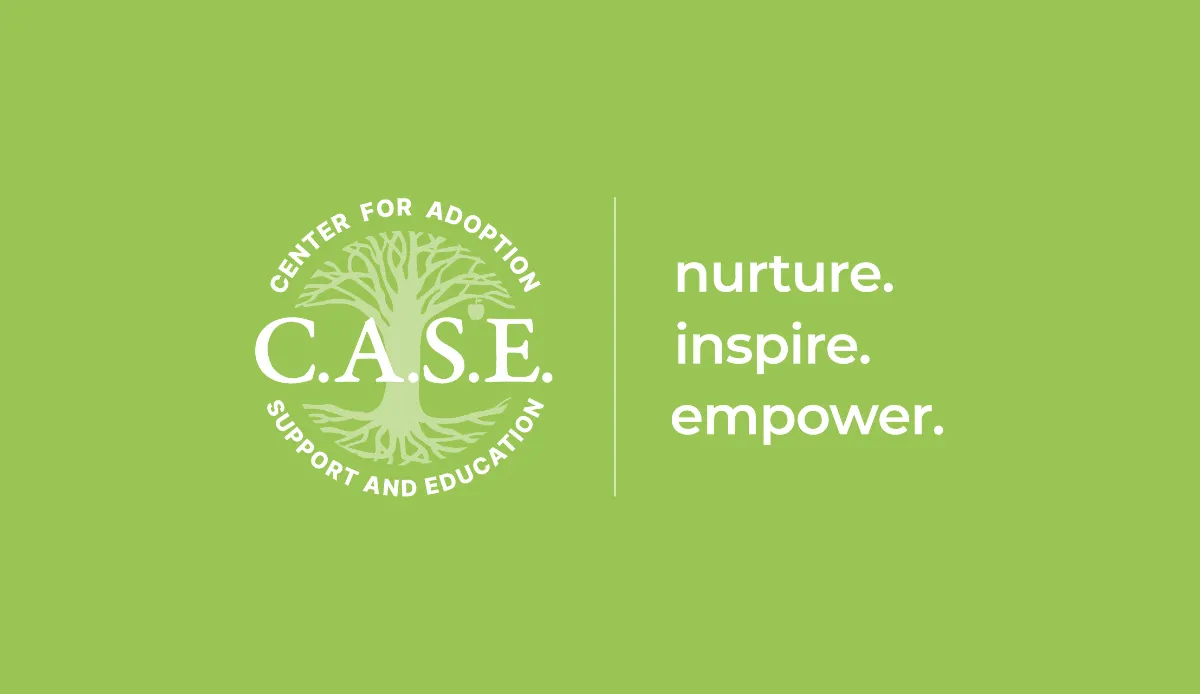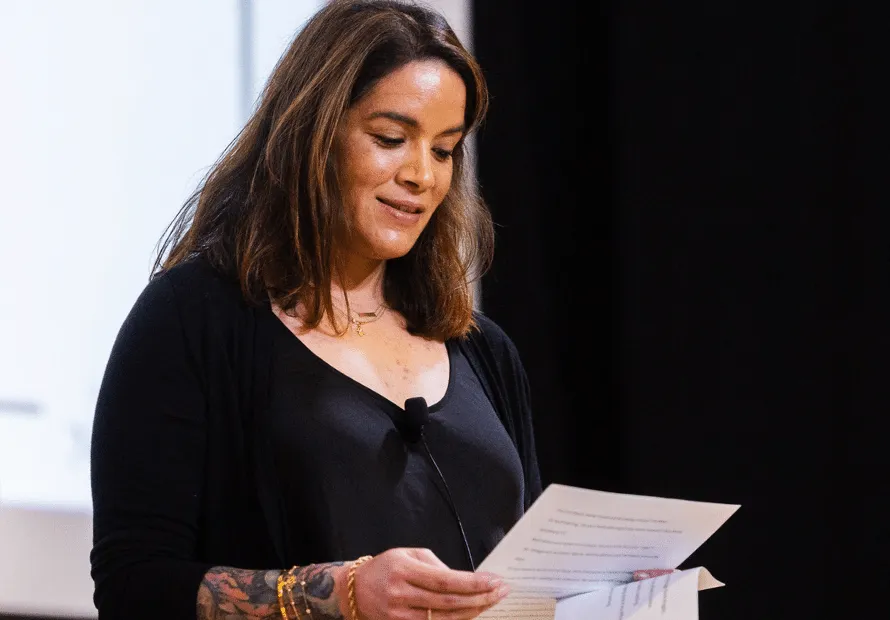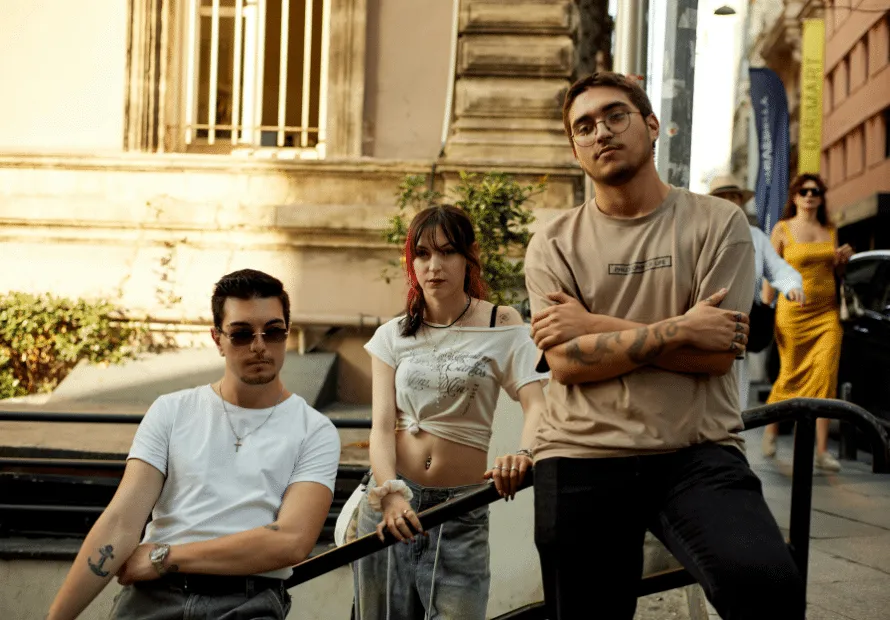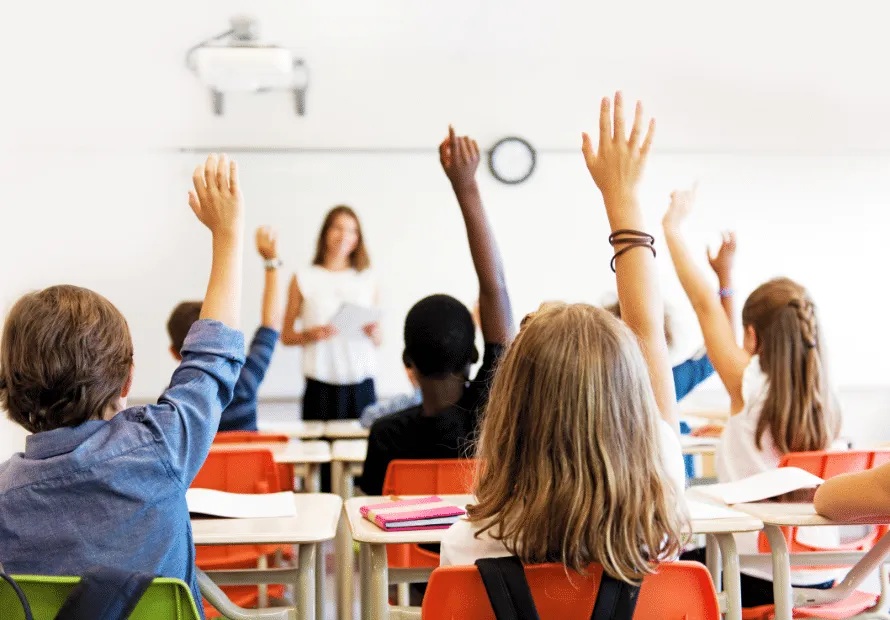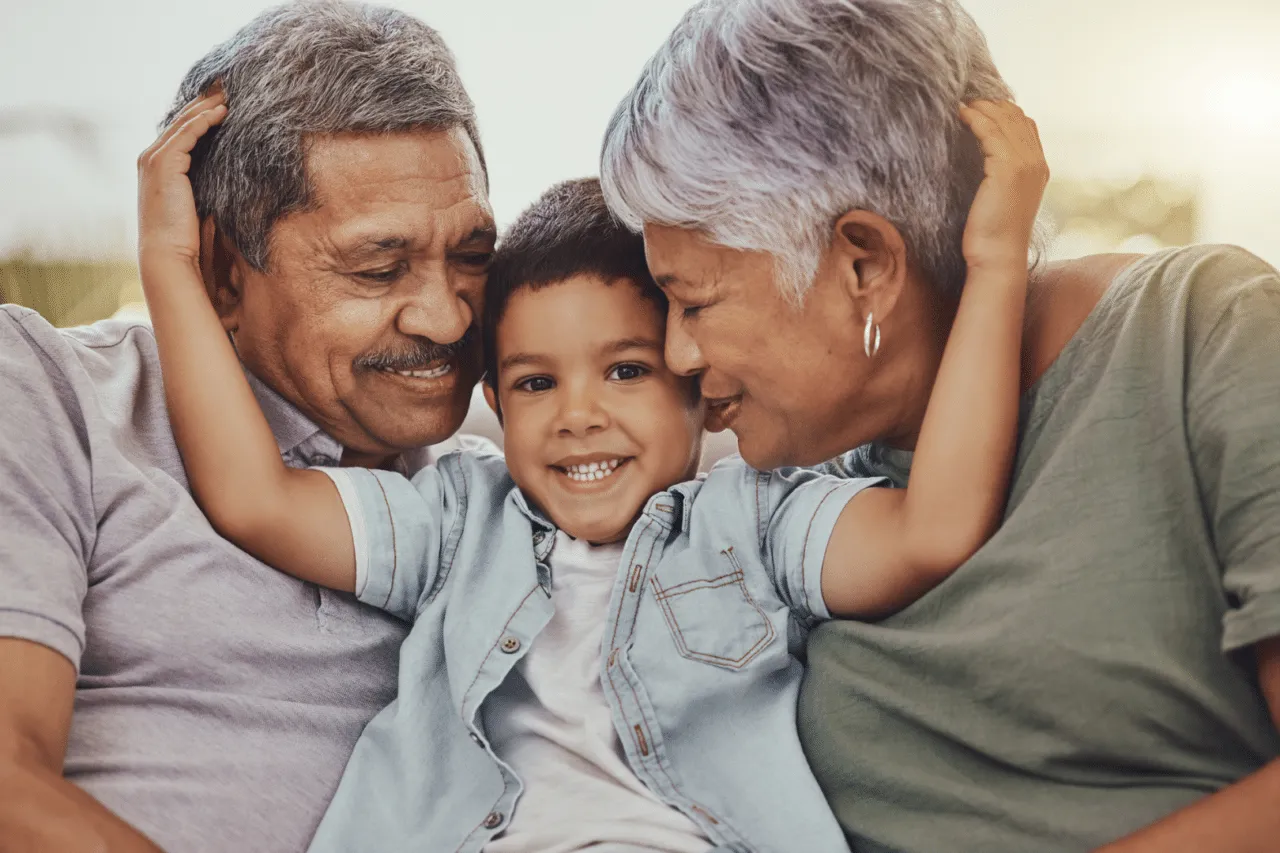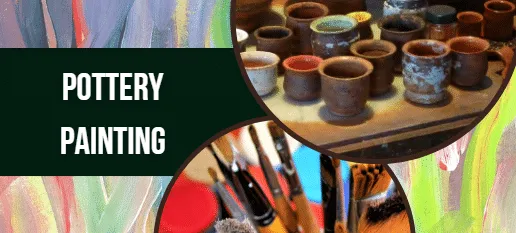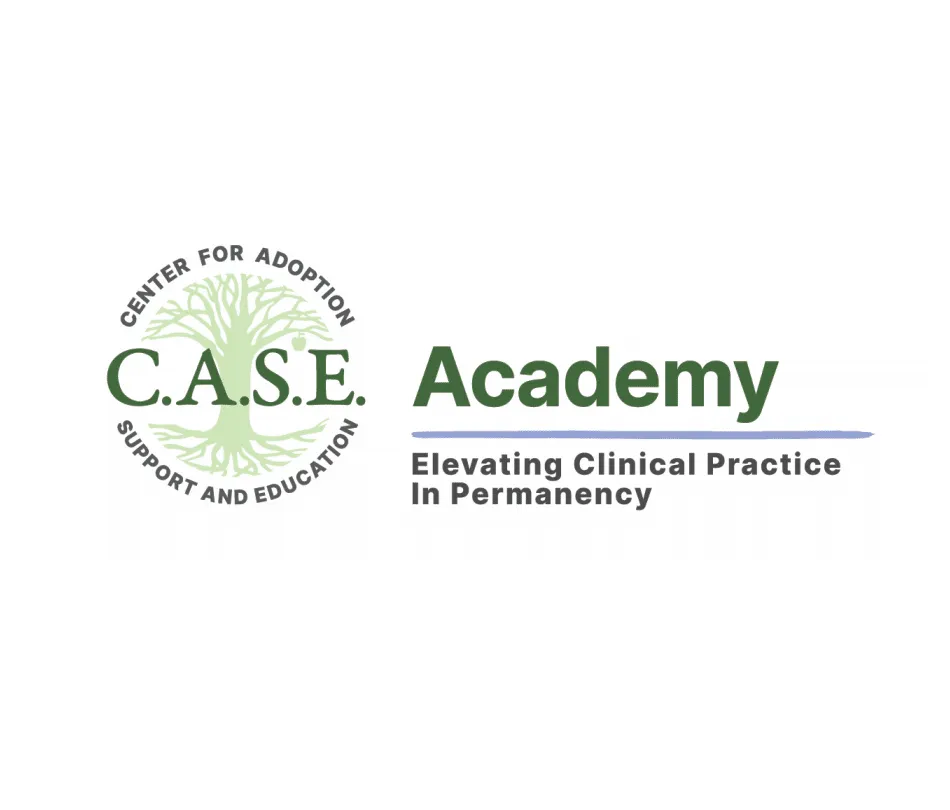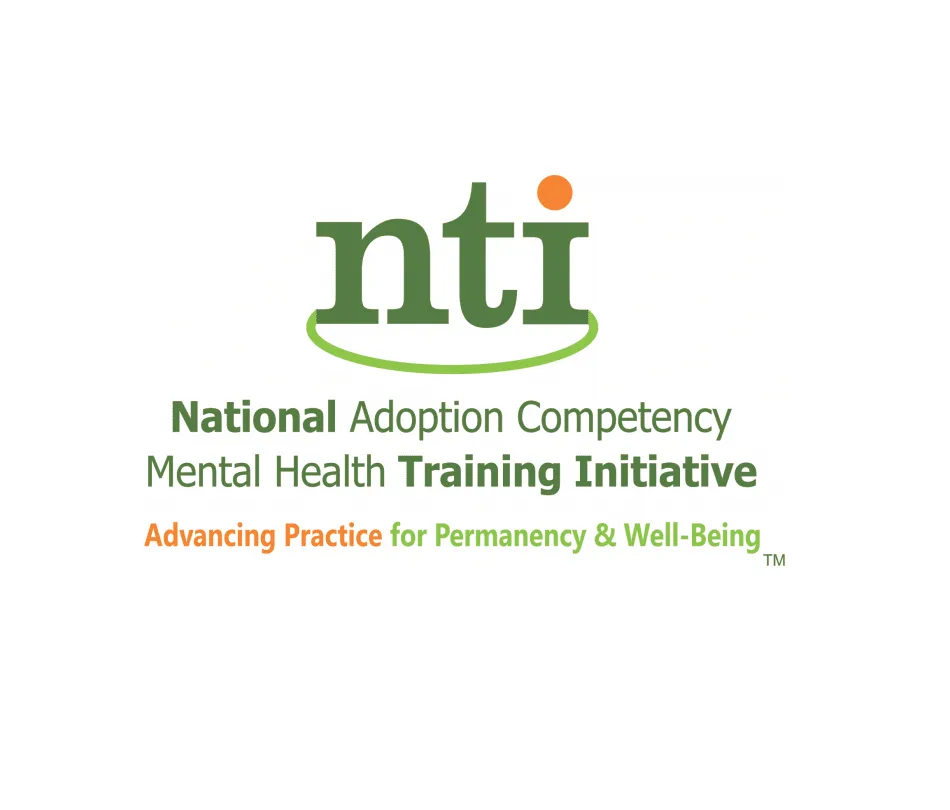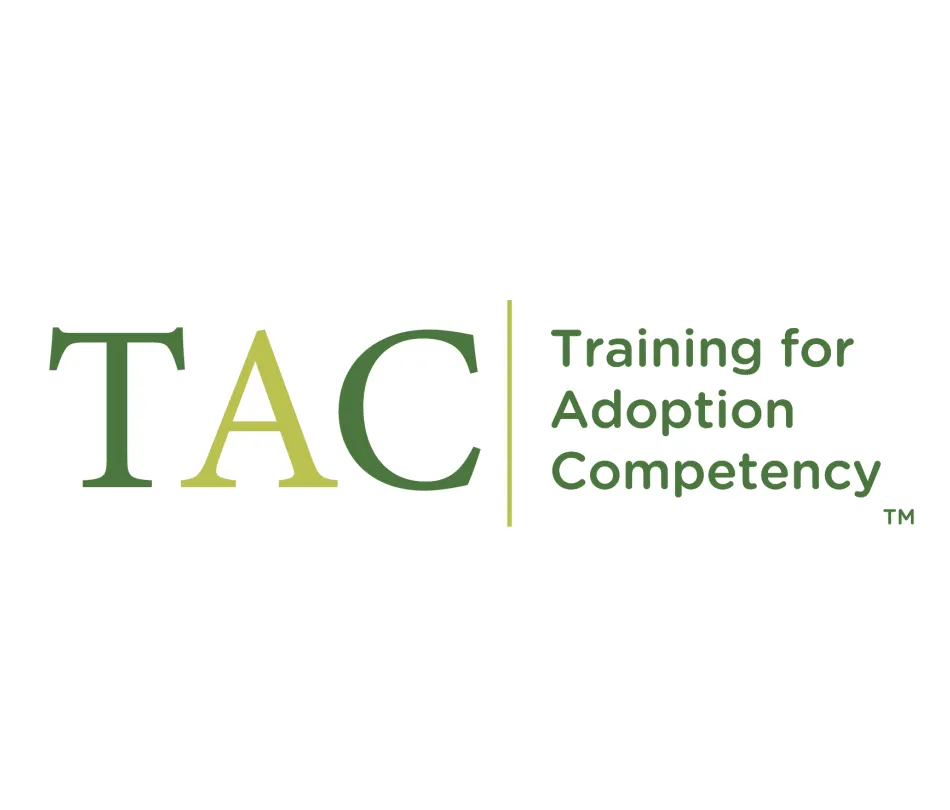Adoptees Surpassing The Six Stuck Spots: Difference
Adoptees Surpassing The Six Stuck Spots: Difference

I was sitting in one of C.A.S.E.’s teen groups…a support group designed for adolescents to begin building a sense of community amongst their adopted peers. We were discussing various ways to handle questions we may receive about being adopted…the adoption competent therapist facilitating the group asked how people feel when they receive some of these questions…
“I feel frustrated, sad, embarrassed, scared, lonely & I feel different…in a bad way”, one of the young participants said.
Different…in a bad way. My heart sank.
Being different has been the most prominent stuck spot of my life. Feeling a sense of otherness almost seems ingrained inside of me, something I’ve felt from the moment I realized I didn’t look like anybody in my family. I remember growing up, being middle school age & feeling more “different” than I had ever felt before.
My tween years were filled with this overwhelming idea that I had to “fit in” to be considered cool. I wanted popular style clothing, I wanted to do the activities that other kids were doing, I wanted to share stories & space with my peers but this underlying elephant in the room was that I was very different.
I realized my differences when I didn’t have a birth story to share at sleepovers with my girlfriends. I realized I was different when I was the only minority sitting around our family dinner tables. I realized I was different when I was the only Latina amongst my Latin classmates who wasn’t able to speak Spanish…the only one who didn’t have a Quincenera…the only one who had never been back to visit their country of origin.
Feeling so different with nobody who could relate to me was a lonely place to be for a teenager in the making. That feeling of loneliness drove me to make poor decisions as I navigated adolescence, finding comfort in the arms of addiction to soothe my struggles. I didn’t feel different when I was using drugs & alcohol. Substance abuse was my daily ticket to freedom…an instant crutch to not feeling different.
After my mind ran rampant with all these thoughts while sitting in that teen group, I checked back into the conversation wishing I could tell the young participant that this all goes away…but I couldn’t honestly say such a thing.
“I’m 40 years old & adoption still makes me feel different. We are all always going to be adopted so I’m not sure that feeling goes away…but, I don’t feel different in a bad way anymore. I feel comfortable about it now”, I told the group.
I stand on that statement…adoption doesn’t go away but these stuck spots start to feel less debilitating & more empowering as I start to understand them better. Being different used to be one of my biggest struggles in my search for self but now, it’s one of my most favorite chapters of a story that I hope to share for years to come.
